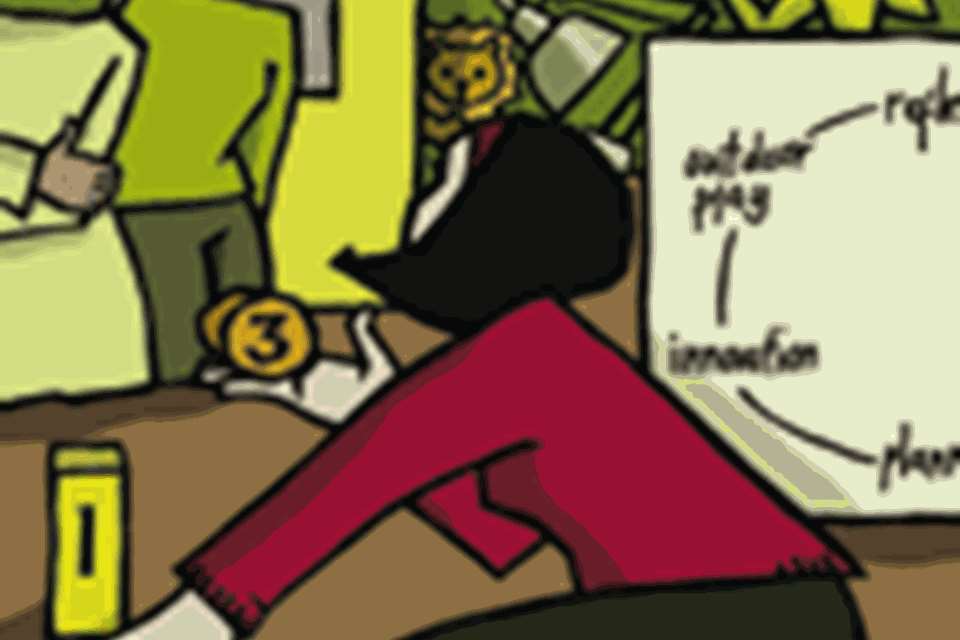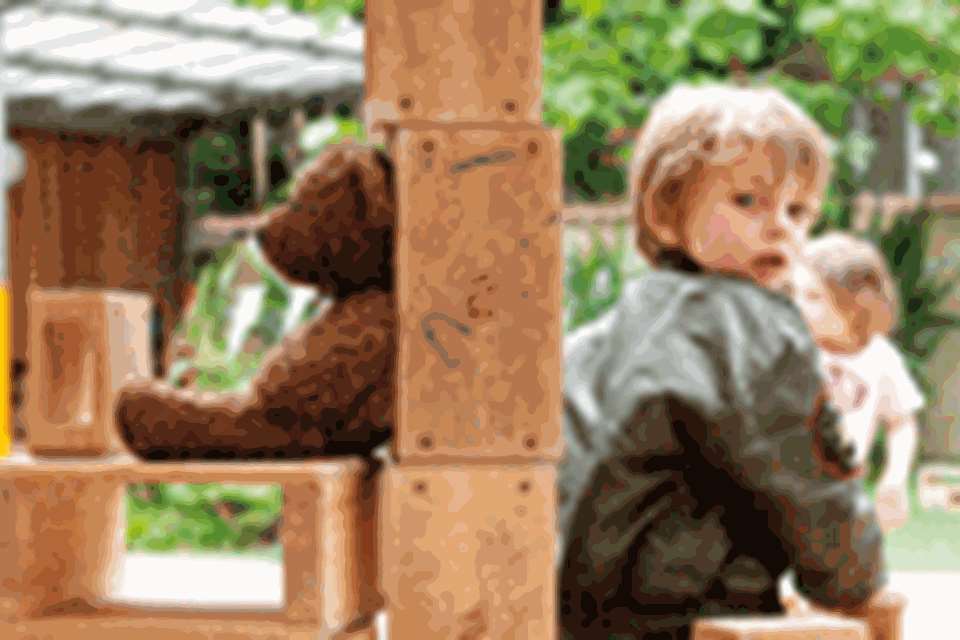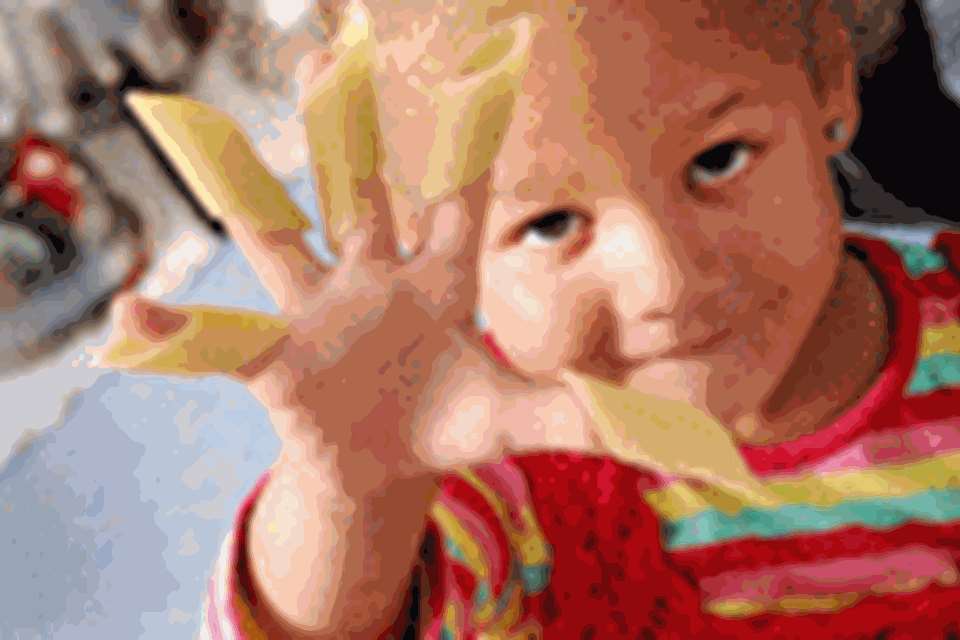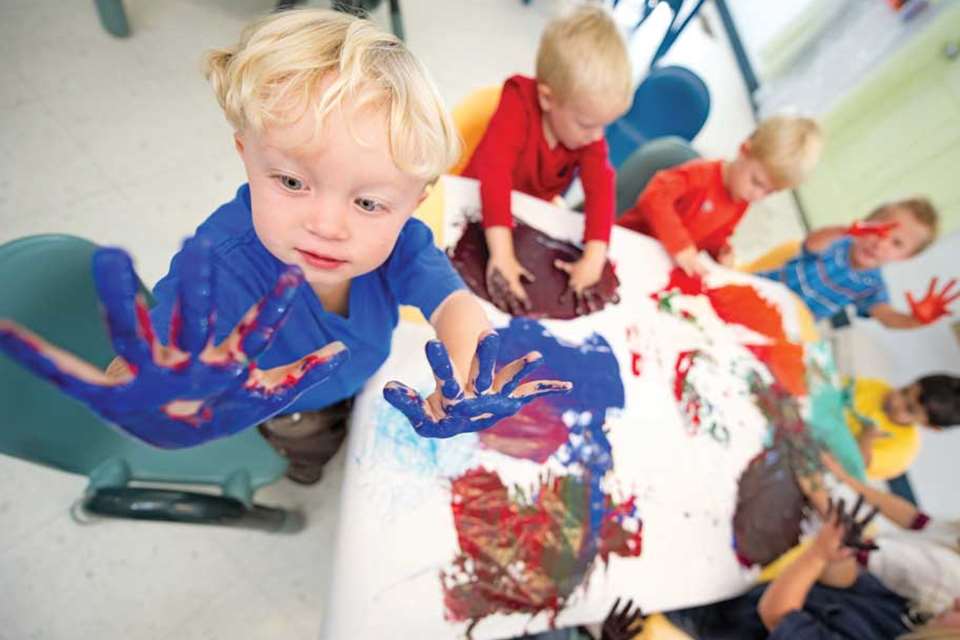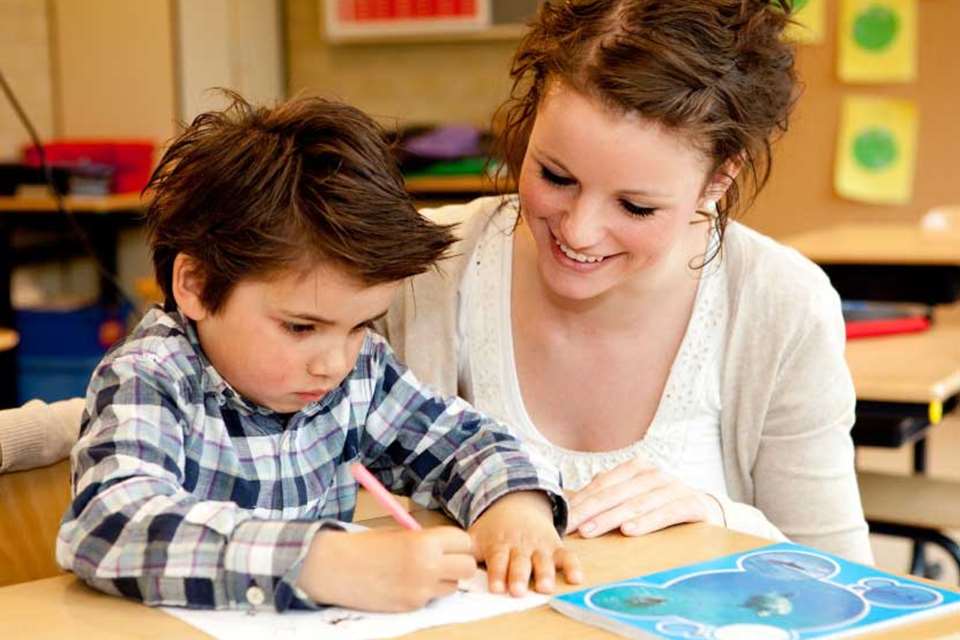Learning & Development: Accountability - Measuring up
Ruth Thomson
Monday, June 2, 2014
It is only right that early years educators are accountable, but how do you measure performance and learning? Jan Dubiel explains how one project is helping practitioners to assess progress.
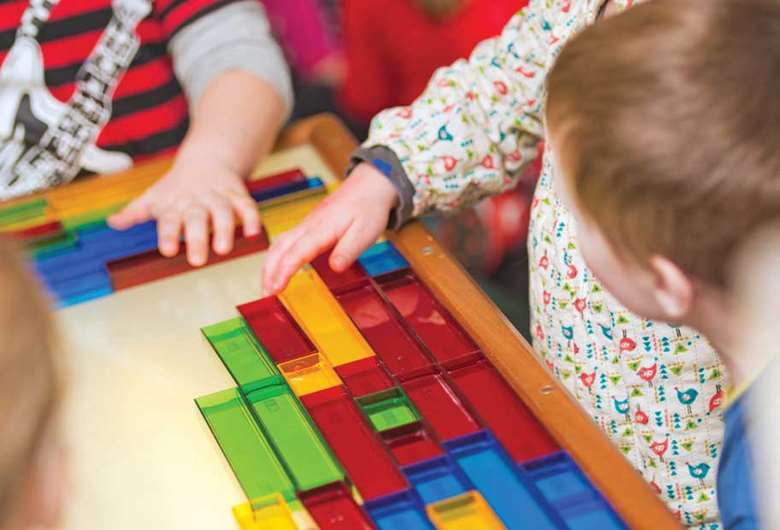
As early years educators, we are often faced with issues of 'accountability'. This is rightly so, as we know that the provision that children experience in their earliest years can have a profound impact on their outcomes, attainment and life chances.
Successive governments have begun to realise that investment in high-quality early years provision has a long-term influence on the kind of citizens that these children become. The time we spend with children, our actions and decisions all contribute to this, and we need to ensure we are acutely aware of - and accountable for - the difference we make to lives and possibilities.
Recent publications from the DfE and Ofsted have focused strongly on this and, in some cases, have challenged the sector to be more accountable for the pedagogical approaches it uses and how they lead to the kinds of outcomes we all want.
Easy to measure
This need to justify what we do to make children successful learners and thinkers can create a tension when it comes to demonstrating that - particularly how it is measured.
There is a quotation attributed to Albert Einstein - 'Not everything that counts can be counted, and not everything that can be counted counts' - and there is a danger that we can feel obliged to revert to simply measuring the things that are easy to measure, rather than the aspects of young children's learning and development that really matter and have an impact on their future.
So, as practitioners and settings, we need to be clear about identifying the aspects of learning that do matter and then develop imaginative, rigorous and meaningful approaches to being accountable for these.
Not only does this enable us to focus on significant learning through pedagogy and assessment, but it also empowers us to take positive ownership of the whole process and redefine how effective early years practice is perceived and understood.
Empathy and resilience
It has always been worth considering seriously exactly what we need to be accountable for, and which aspects of children's learning and development this should include.
A report by prominent business leaders, 'Making Education Work'(1), was recently published this year following a six-month review of the entire education system. Although the report focused on economic needs, it concluded that 'emotional maturity, empathy and other interpersonal skills are as important as proficiency in English and mathematics in ensuring young people's employment prospects. Assessment should reflect this reality.'
A cross-party parliamentary group on social mobility also recently stated that 'a belief in one's ability to succeed, the perseverance to stick to a task and the ability to bounce back from life's setbacks are qualities that have a major impact on life chances, both during education and, later, in the labour market'(2).
Whether or not these aspects are measurable in a statistical sense is a matter of contention, but what clearly emerged from both of these reports was that they really do matter and should, therefore, be part of any accountability for educators.
CLUSTER MODEL
Early Excellence's Cluster Project model was designed to provide in-depth, reflective continuing professional development over an extended period that focuses on a specific aspect of EYFS and Key Stage 1 pedagogy; it consists of targeted training, consultative visits and opportunities to network and disseminate personal transformations in pedagogical understanding and practice.
Since the beginning of the current academic year, cluster project 'Securing and Developing Real Progress' has been running with groups of schools and early years settings across the country, delivered in conjunction with Professor Ferre Laevers and a team from the University of Leuven in Flanders, Belgium. The aims of the project are to:
- consider the challenges and issues of developing a meaningful and manageable approach to demonstrating progress;
- develop a deeper understanding of the key indicators of quality - wellbeing and involvement;
- explore how these measures provide solid ground to identify where, when, how and for which children the quality of our approach can be improved;
- investigate the Process-Oriented Monitoring System for the Early Years developed by Dr Laevers as a means of measuring real and significant development;
- and review how this approach, alongside others, underpins external accountability.
Values and aspirations
During the project, the participants have explored how their processes of accountability and demonstrating their impact on children as learners could be recorded and represented in ways that link directly to what they consider to be most relevant and important - as Einstein might have said, counting the things that really do count.
Each school or setting started by identifying values and aspirations for children and how these linked with outcomes in the broadest sense. This built directly on existing systems of recording progress and was recognisant of statutory requirements.
As we near the end of the project, some of the emerging conclusions have raised an interesting set of challenges to all EYFS settings and prompted considerations that can support how we take ownership of accountability.
Content and behaviours
One of the most prominent conclusions is that ways should be found to ensure that any description of progress should not be limited to the simple 'acquisition' of knowledge and skills. As outcomes were considered, it was emphatically agreed that any notion of progression would have to include and acknowledge both 'curriculum content' as well as 'learning behaviours'.
Most of the commercially available systems for doing this - including the non-statutory but Ofsted-recommended Early Years Outcomes(3) - rely exclusively on recording attainment in the Prime and Specific Areas of Learning and Development. Although it was agreed these are, of course, vital aspects of children's development, on their own they provide an incomplete picture.
Dependence on the Prime and Specific Areas of Learning and Development is not surprising as these are aspects that are easy to 'count', but what also needs to be considered are the 'behaviours' that make the knowledge applicable and possible. In the statutory EYFS, the 'Characteristics of Effective Learning' (CoEL) precisely describes these aspects, and it was strongly felt that including this in the demonstration of progress and impact was crucial to accountability.
Wellbeing and involvement
A key aspect of the project was to familiarise participants with the work of Dr Laevers and the Process-Oriented Monitoring System for the Early Years(4). This 'measures' the significant dimensions of human behaviour of 'wellbeing' and 'involvement'. Dr Laevers' work has long cited that these underpinnings of development are critical prerequisites for deep and significant learning and, therefore, need to be part of any realistic and principled description.
Having been trained in the system's use, participants acknowledged the difference it made in their understanding of children as learners and the importance of tracking these 'behaviours' as part of any assessment process.
Defining progress
The focus of the project inevitably necessitated an investigation of the concept of 'progress' and what we mean by this as practitioners. Traditionally, this has often focused on the development and acquisition of key skills and knowledge and the greater complexity, sophistication and confidence with which children use them.
Equally, progress is often viewed solely as a process over time; beginning and end points between which positive comparisons can be easily made. Exploring this, it was felt that, again, although this was important - countable - it needed to be supplemented in order to provide a full and accurate picture. Defining progress in terms of 'learning behaviours', as explicitly stated in the CoEL, was regarded as equally important; and, while establishing starting points from which to build, targeting support in resilience, independence and imagination was considered to be of at least equal value to supporting phonic awareness, language and mathematical understanding.
The aspects of wellbeing and involvement were also identified as dimensions of behaviour that should be an integral part of describing progress. Additionally, it was acknowledged that progress can also be momentary and sudden, particularly in the areas of 'behaviours', and that sensitive, focused and considered practitioner interventions and interactions have the power to transform the very qualities that enable development and progress.
Jan Dubiel is national development manager at training and resource company Early Excellence, www.earlyexcellence.co.uk
FOOTNOTES
(1) Making Education Work: A report from an Independent Advisory Group chaired by Professor Sir Roy Anderson; Pearson, January 2014
(2) Character and Resilience Manifesto by Chris Paterson, Claire Tyler and Jen Lexmond; The all-party parliamentary group on Social Mobility, January 2014
(3) Early years outcomes: A non-statutory guide for practitioners and inspectors to help inform understanding of child development through the early years; Department for Education, September 2013
(4) A Process-Oriented Monitoring System for the Early Years (POMS-EY) by Dr Ferre Laevers, Julia Moons, Bart Declercq; CEGO Publishers, 2012.


